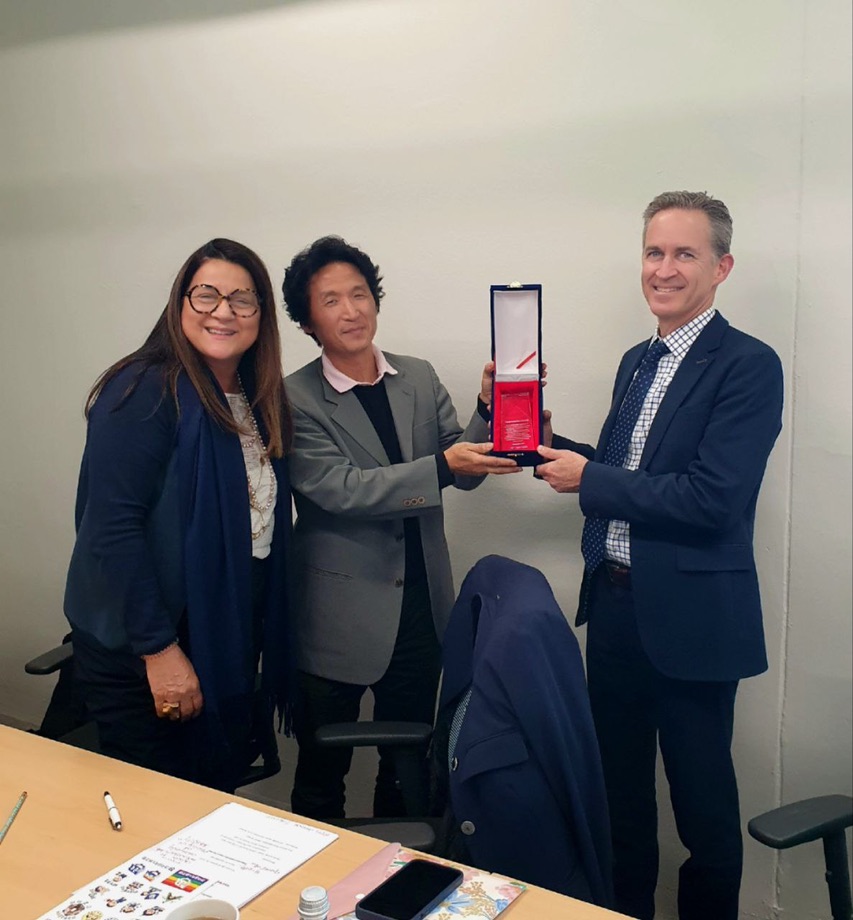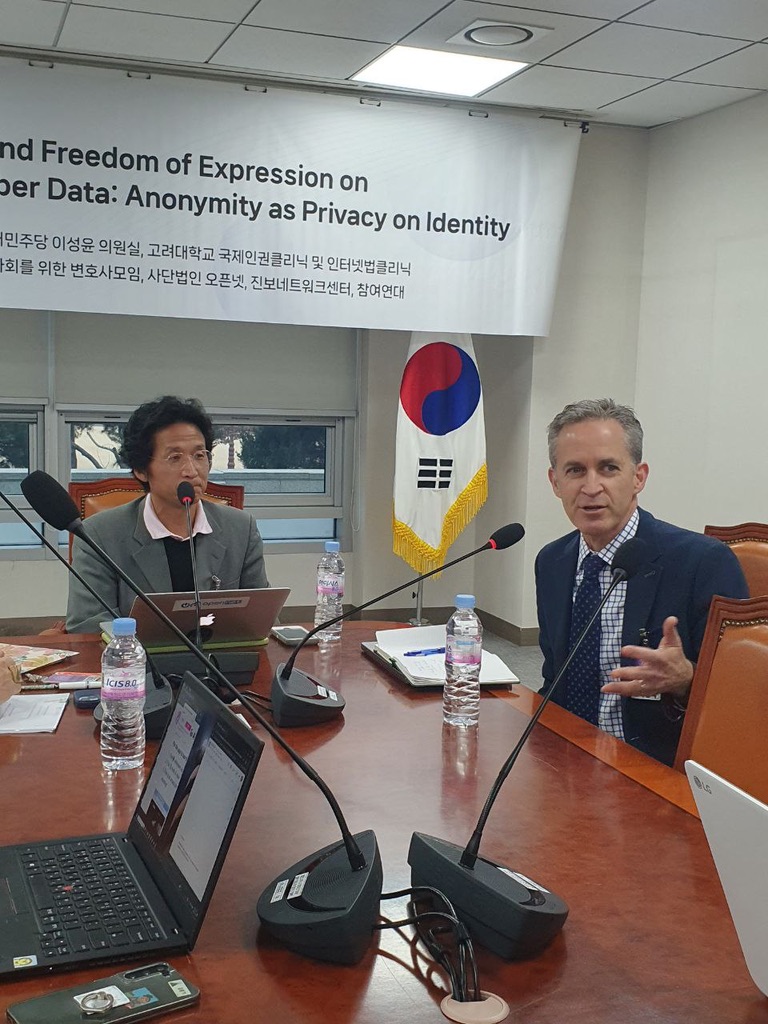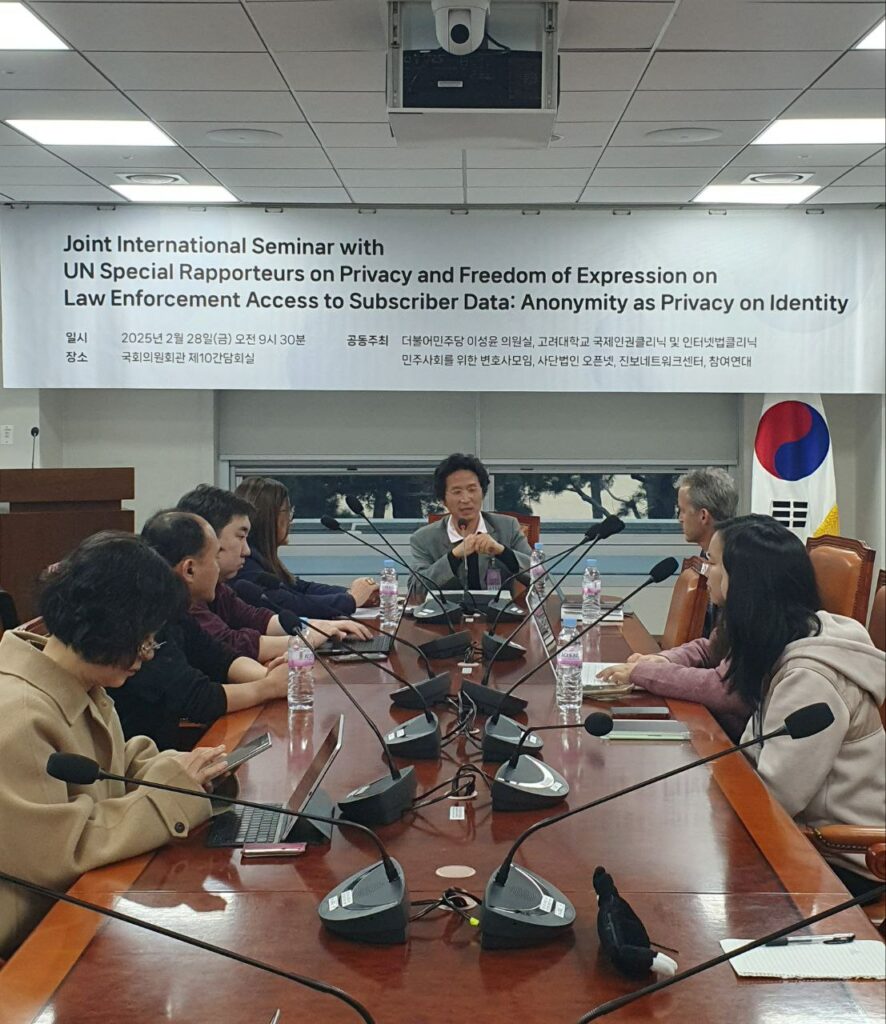


David Kaye, the former UNSR on freedom of expression, through a seminal report in 2015, demonstrated how anonymity and encryption are legitimate tools that people can use to protect their privacy. In that sense, the access to the subscribers’ identity or their unmasking certainly erodes people’s privacy just as the decryption order or other compulsive access to communications content will. However, the world, by not extending the umbrella of procedural safeguards on to the subscriber identifying data, seems to have not progressed from the time when the phone books published all the phone numbers and matching names for the public. While the Canadian Supreme Court explicitly required a warrant and the European Court of Human Rights also affirmed a Slovenian law, the uncertainty remains as the European Court of Justice issued two conflicting decisions on France and Sweden and UK. The Germany’s highest court seems satisfied with a heightened substantive safeguard instead of a procedural one. (What is interesting, Japan and UK are distinguishing between obtaining the identity linked to substantive communications and obtaining the identity linked to a simple phone number and nothing else, subjecting only the former to a warrant process. This attempt at proportionality does make sense although in this day and age there are so much attached to a phone number as well).
South Korea is one country that has suffered from such lack of a clear international standard. Joseph Cannataci, the former UNSP on privacy, in his state visit to Korea in 2019, already showed alarm at the several million unmaskings per annum and proposed a special judicial or a quasi-judicial panel to abate the privacy crisis. Despite the UN Human Rights Committee’s advice to implement a warrant process in 2015 and the country’s constitutional court’s decision of nonconformity in 2022, the massive, unvetted access has continued. In 2023, it was revealed that the prosecutors investigating journalists on the charges of defaming the incumbent President unmasked more than 3,000 phone users in an apparent attempt to track down the journalists’ sources. This incident showed the high stakes that ride on the government’s access to the identity data.
We bring the worlds’ experts including the current UN official of highest stature on the subject matter, Ana Brian Nougreres, the current UNSR for the right to privacy and local stakeholders to discuss the way forward on this issue which will be valuable for discussions around the world.
Time: February 28, 2025 9:30 am through 10:30 am
Place: National Assembly, Meeting Room No. 10
Featuring:
- David KAYE, the former United Nations Special Rapporteur on Freedom of Opinion and Expression, Professor, University of California at Irvine School of Law
- Ana BRIAN NOUGRERES, the United Nations Special Rapporteur on the Right to Privacy, Professor of Law, Privacy and ICT at the University of Montevideo
- Joseph CANNATACI, the former UN Special Rapporteur on the Right to Privacy, Professor of Law, University of Malta (joined remotely at the roundtable with civil society organizations after the seminar)
Moderator: K.S. Park, Professor, Korea University Law School; Open Net, Executive Director
Sponsored by:
Open Net; People’s Solidarity for Participatory Democracy, Korean Progressive Network JINBONET, MINBYUN Lawyers for Democracy, Korea University Law School’s International Human Rights Clinic, Korea University Law School’s Internet Law Clinic, Members of Parliament Sung Yoon LEE


0 Comments